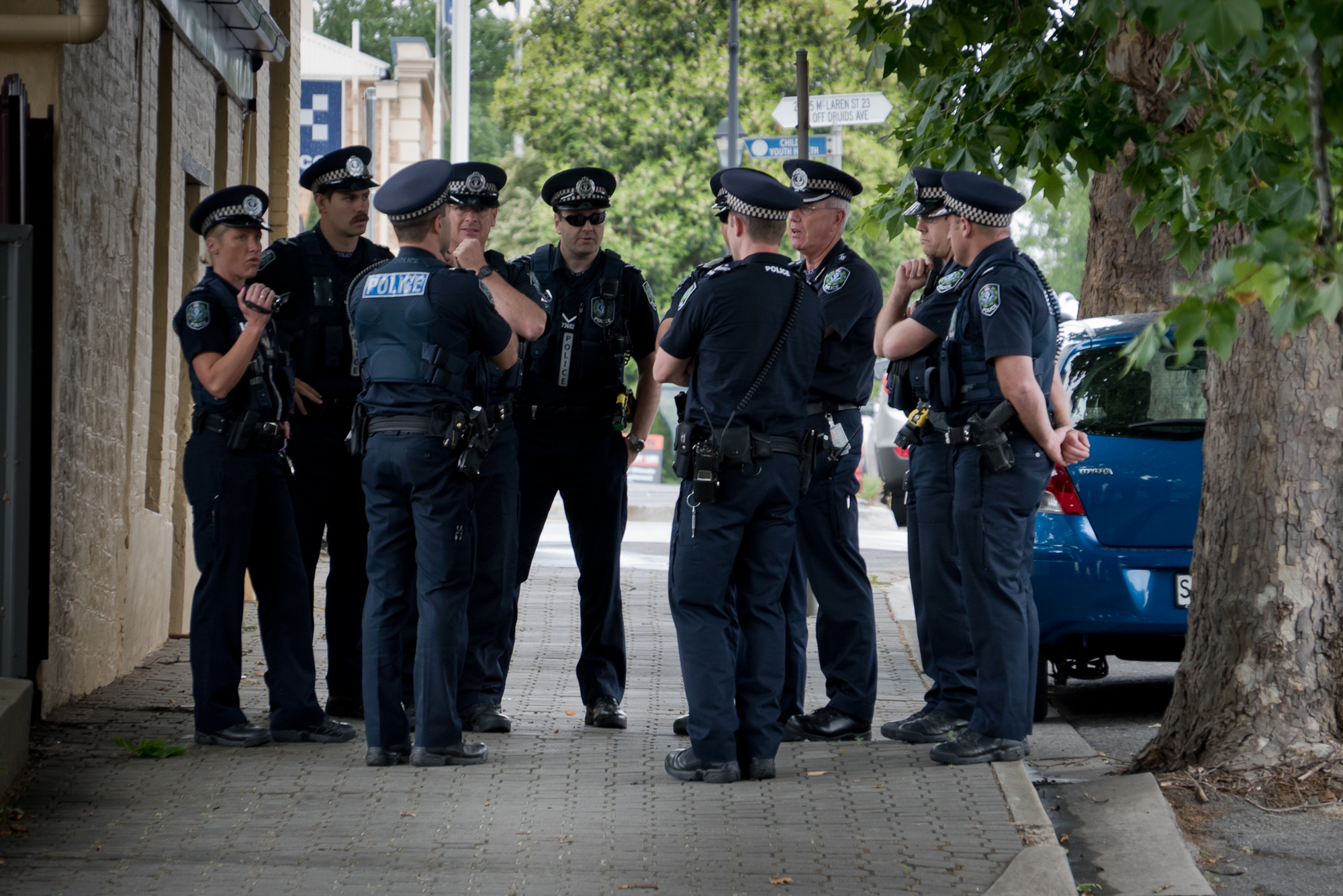Whether you’re searching for an expert Savannah Criminal Defense lawyer or simply looking to learn more about the criminal justice system, there are many valuable resources on the internet. Here, you’ll learn about the criminal justice system, what your rights are when you’re charged with a crime, and the process of fighting a case.
Table of Contents
Drunk Driving In Georgia
Getting a DUI in Georgia is a bad idea. The consequences are severe. They include a license suspension and possible jail time. A DUI can also lead to the death of someone.
A DUI in Georgia is a felony. The driver may have to serve two years in prison. In addition, you may have to pay fines, go through a DUI alcohol abuse prevention program, and pay a reinstatement fee. Depending on the circumstances, you may be eligible for a limited driving permit.
A drunk driving accident can cause devastating injuries and property damage. An experienced lawyer will be able to steer you in the right direction. If you’ve been charged with driving under the influence, contact a Georgia criminal defense attorney.
Alcohol affects the brain and nerves. This impairment causes problems with reasoning and muscle coordination. It also reduces brain function. It’s not uncommon for drunk drivers to speed, fail to slow down, and hit objects at high speeds. This can lead to catastrophic injuries and death.
In Georgia, the legal limit for blood alcohol content is 0.08 percent. This means that a driver is considered drunk if his or her blood alcohol level is above 0.08 percent. Approximately one in three traffic fatalities is caused by a drunk driver.
If you have a child in the car, the driver can be charged with child endangerment. This could lead to additional jail time and fines.
There are special DUI laws for minors. If you are charged with driving under the influence of alcohol or drugs, you may be able to sue the driver. The laws also allow claims against non-vendors. These claims can also be used to hold a drunk driver accountable.
Non-Violent Crimes Are Considered Felonies
Felonies are considered the most serious crimes in Georgia. They may include murder, aggravated assault, abduction, and armed robbery. They may also include drug related crimes, such as drug distribution and manufacturing, and public intoxication.
The punishments for felonies can range from probation to life imprisonment. They may also include the loss of civil rights. This includes the loss of the right to travel, employment, and housing.
Misdemeanors are classified as crimes that involve a minor amount of damage or injury. Misdemeanors are often punishable by a fine of up to $500, probation, or a small jail term. Some misdemeanors are classified as petty offenses, such as drunk driving. They are usually punishable by less than one year in a county jail.
Violent crimes are defined as crimes that involve physical injury to another person, injury to property, or threatening to injure another person. The severity of a non-violent felony depends on the economic loss suffered by the victim.
Aggravated assault is defined as an act of violence with the intent to cause physical harm. Aggravated assault may involve the use of a firearm, a weapon, or a vehicle to cause physical harm to a person. It may also include an act that threatens to injure a person, such as a threat of violence. It may also involve the use of force against a person who is in a position to prevent an act of violence.
Aggravated sexual battery is also a felony. Sexual battery is the intentional touching of another person without their consent. The maximum penalty for an aggravating sexual battery is 25 years in prison. It may also involve a lifetime probation.
Common Mistakes That Could Result In Dismissal Of A Case
Despite the fact that courtrooms are often teeming with a wide variety of cases, it’s not uncommon for one to be overlooked. Whether you’re dealing with a DWI or animal abuse case, it’s important to have an experienced criminal defense attorney on your side.
In terms of the law, the first rule of thumb is that a complaint must be proven to be factual and a jury can only be convinced that it’s true if it can be proven that the defendant committed the crime. However, in many cases the fact remains that there is no proof that the defendant committed the crime.
There are a number of common mistakes that can lead to a dismissal of a case. This can be due to a number of reasons. First, the evidence may be insufficient or it may be missing in action. Alternatively, the defendant may have a valid defense. However, it’s important to remember that dismissal can be done in two ways – voluntarily and in response to a defendant’s motion to dismiss.
The most common mistakes that lead to a dismissal of a criminal case are procedural errors. The most obvious example is the failure to follow protocol. In some cases, an officer may have missed the proper procedures for serving a complaint. However, this is often a simple matter of making the correct changes.
Other common mistakes that lead to a dismissal include the inability to produce evidence or a witness who can’t be located. A police officer may be unavailable or an officer may be required to make a decision that he doesn’t have the legal authority to make.
However, most cases are settled through plea bargains. These are agreements between a solicitor and a defense attorney. In exchange for a guilty plea, the solicitor may negotiate a lenient sentencing.
Defending Your Rights From The First Interaction With Police
Defending your rights from the first interaction with a law enforcement officer can be daunting. There is no denying that the best way to go about this process is to arm yourself with a little education. The right type of information can help you to better understand what they are thinking and how they are thinking about you. This will allow you to put your best foot forward when the time comes to defending your rights from the first interaction with a police officer. The best way to do this is to keep a positive mindset by following the golden rule. Having a positive attitude will lead to a better chance of defending your rights from the first interaction with police officer. The biggest challenge in this endeavor is deciding whether you should be armed with a weapon or an open mind. A weapon could be carried around in a pocket or purse. Whether you decide on a weapon or not, it is important to know your rights are protected by the law. The best way to defending your rights from the first interaction is to arm yourself with a few well-planned legal documents. This will ensure that a law enforcement officer will treat you with the respect and courtesy they deserve. If you have a legal document in hand, you can rest easy knowing that your rights are in good hands. There are other ways to ward off law enforcement in a positive and healthy manner. These include enlisting the help of family members and friends. It may even help to have a lawyer present in your entourage. After all, you deserve the best.

Sentencing Phase
Defendants who have been convicted of crimes have the opportunity to present mitigating evidence in the sentencing phase. This may include evidence of remorse or certain psychological evidence. If the defendant pleads guilty, he cannot present such evidence in the sentencing phase.
The sentencing phase is a separate and distinct phase of a trial. It is designed to introduce the defendant’s character and background to the jury. A defendant may present mitigating evidence during the sentencing phase, but the defendant may not intend to reveal harmful evidence from the guilt/innocence phase.
The defendant’s attorney may ask the court to permit an opening statement. This is a standard practice in criminal trials where the defendant is accused of committing a capital offense. However, the prosecutor may object. The defense attorney then submits a written request to the court. The trial court will usually respond in one of three ways. The court may allow the opening statement, reject the opening statement, or reject the request and order that an opening statement be submitted later.
The trial court initially responded to the defense attorney’s request by allowing the opening statement. However, the prosecutor objected, arguing that the law does not allow the opening statement in the sentencing phase of a death penalty trial. The trial court later ruled that the prosecutor was correct.
The trial court did not allow the defendant to introduce the mitigation witnesses in the opening statement. Instead, the defendant presented over 800 pages of documentary evidence. Defendant Michael Lanier Edwards was the attorney for Appellant. He argues that the trial court erred in presenting the mitigation defense. The defense focused on childhood abuse, mental illness, and psychological factors.

